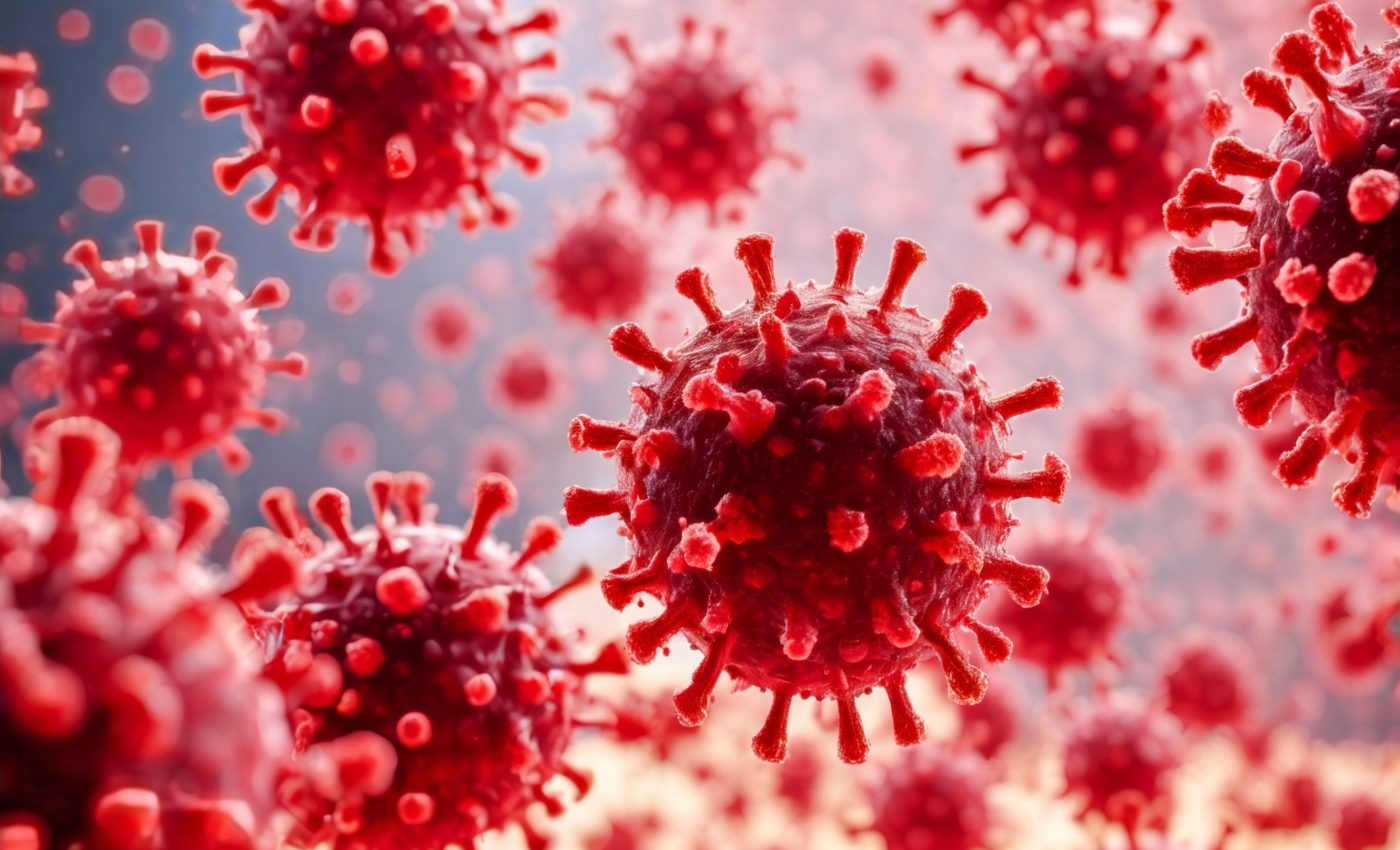
Long COVID linked to leftover proteins in the blood
We all have dealt with party crashers, the uninvited guests who somehow find their way into our festivities and then refuse to leave. Well, COVID-19 and its proteins appear to be behaving similarly, but with far more serious consequences.
This inconsiderate guest has become the topic of a recent study by researchers at Brigham and Women’s Hospital, who are trying to understand why it is intent on overstaying its welcome.
Long COVID and blood proteins
The in-depth research has shed light on an intriguing, yet wholly unanticipated connection between lingering COVID-induced symptoms and certain proteins in the blood.
The key takeaway? Those experiencing persistent symptoms, what we now refer to as “long COVID,” are twice as likely to have SARS-CoV-2 proteins in their blood than those who managed to give the virus a swift kick out the door.
The study was focused on a meticulous analysis of blood samples from over 700 individuals, including participants from the RECOVER Initiative, sponsored by the National Institutes of Health (NIH).
All is not as it appears
Just when we thought we had a grasp on COVID-19, it pivots and displays another facet.
According to Dr. Zoe Swank, a postdoctoral research fellow in the Department of Pathology at Brigham and Women’s Hospital, the underlying cause of enduring symptoms may be a lasting viral infection.
“If we can identify a subset of people who have persistent viral symptoms because of a reservoir of virus in the body, we may be able to treat them with antivirals to alleviate their symptoms,” said Dr. Swank.
More surprises from COVID proteins
Deepening the intrigue, the plot thickens with the discovery that approximately 43% of those reporting long COVID symptoms tested positive for viral proteins – up to 14 months after their initial positive COVID test.
Compare this to a mere 21% of those who escaped the clutches of long COVID having these biomarkers.
Long COVID and its proteins
It appears that long COVID is not a straightforward issue. Dr. David Walt, a professor of pathology at Brigham and Women’s Hospital and principal investigator on the study, elaborated on the discovery.
“This finding suggests there is likely more than one cause of long COVID.” noted Dr. Walt. “For example, another possible cause of long-COVID symptoms could be that the virus harms the immune system, causing immune dysfunction to continue after the virus is cleared.”
Journey into long COVID
Long COVID research seems akin to traversing uncharted territory with new discoveries at every turn.
“There is still a lot that we don’t know about how this virus affects people,” said Dr. David C. Goff, director of the Division of Cardiovascular Sciences at the National Heart, Lung, and Blood Institute (NHLBI).
“These types of studies are critical to help investigators better understand the mechanisms underlying long COVID – which will help bring us closer to identifying the right targets for treatment.”
The instrumental role of the SARS-CoV-2 blood test, developed by Brigham and Women’s researchers, in a national study called RECOVER-VITAL, emphasizes this point. This study aims to evaluate the impact of antiviral treatment on long COVID recovery.
Long COVID and the immune system
One specific area of focus is the role of the immune system in perpetuating long COVID symptoms. The interplay between an overactive or dysfunctional immune response and the virus might be an important piece of the long COVID puzzle.
This knowledge may lead to the development of specific therapeutic interventions designed to regulate the immune response.
The research into long COVID may be complex, but it’s also paving the way for the future. With studies emphasizing the presence of viral proteins and possible immune dysfunction, there’s a strong foundation for more in-depth exploration.
Researchers are optimistic that these pieces of the puzzle will gradually come together, steering us toward effective treatments.
Uninvited COVID-19 proteins
Being a persistent party crasher is not unique to the COVID-19 virus. “Other viruses are associated with similar post-acute syndromes,” said Dr. Swank, pointing to Ebola and Zika as previous offenders.
We may not have won the war against COVID-19 just yet, but each discovery brings us closer to victory. The mystery of long COVID is slowly being unraveled.
We can only hope this uninvited guest decides to leave sooner rather than later, especially for the millions worldwide enduring the trials of long COVID.
The study is published in the journal Clinical Microbiology and Infection.
—–
Like what you read? Subscribe to our newsletter for engaging articles, exclusive content, and the latest updates.
Check us out on EarthSnap, a free app brought to you by Eric Ralls and Earth.com.
—–













